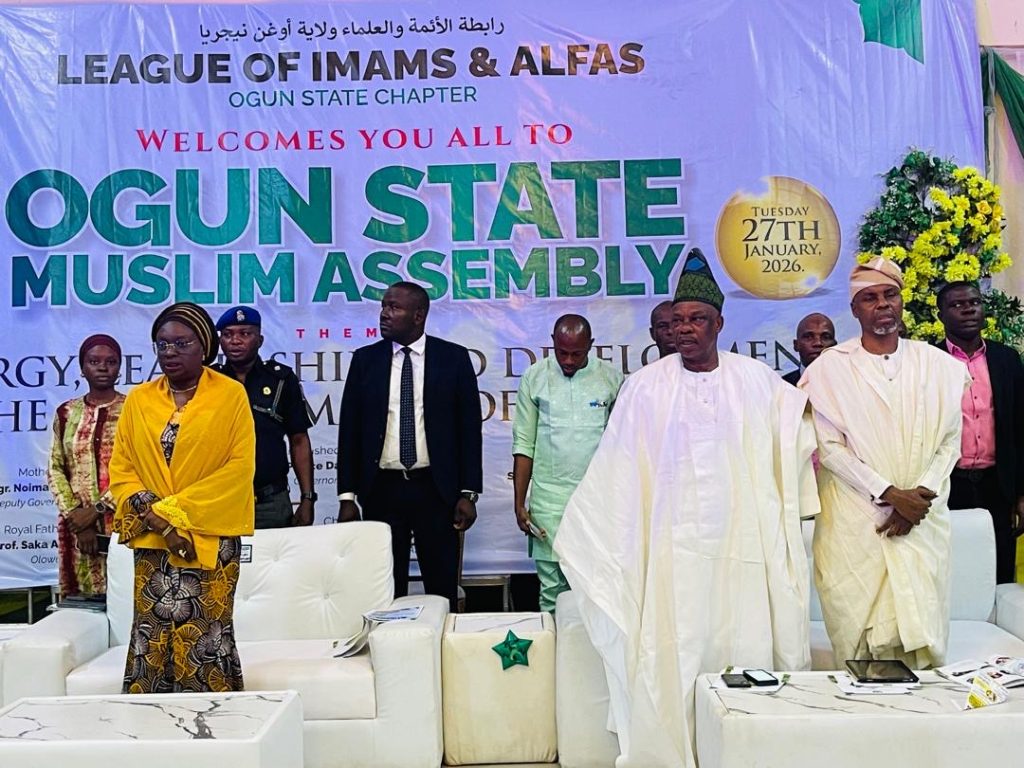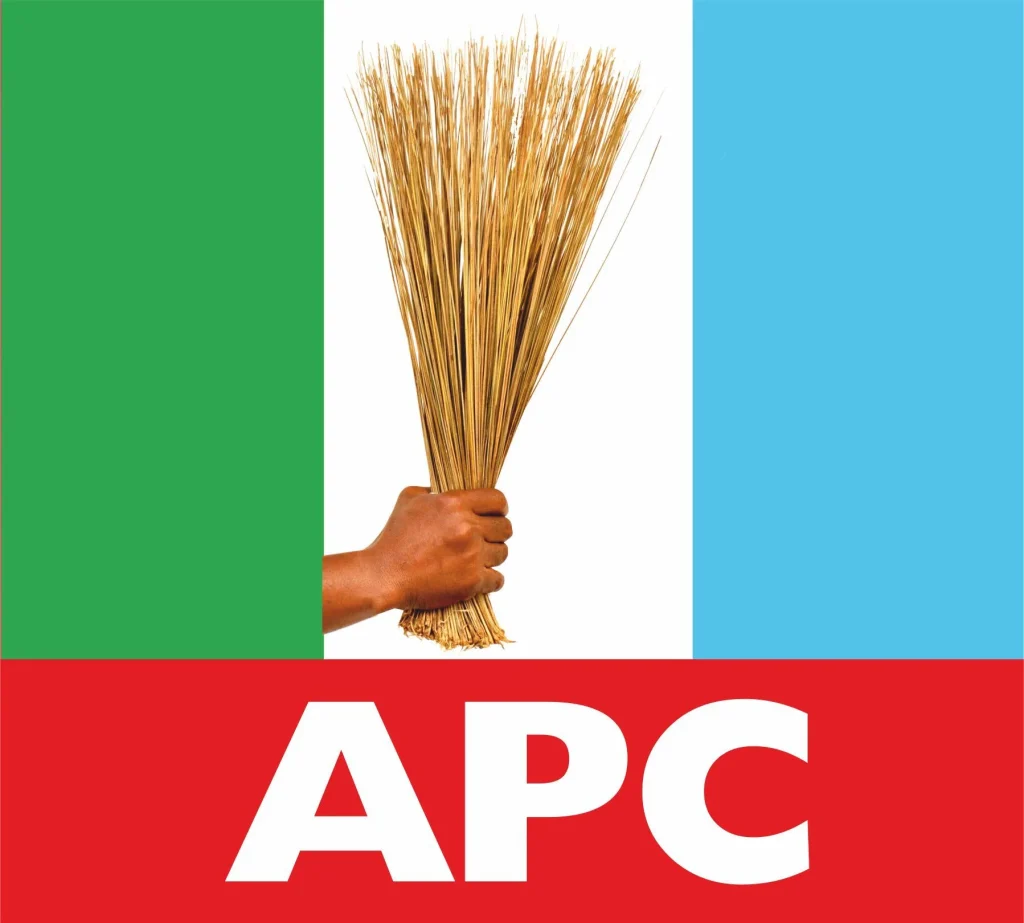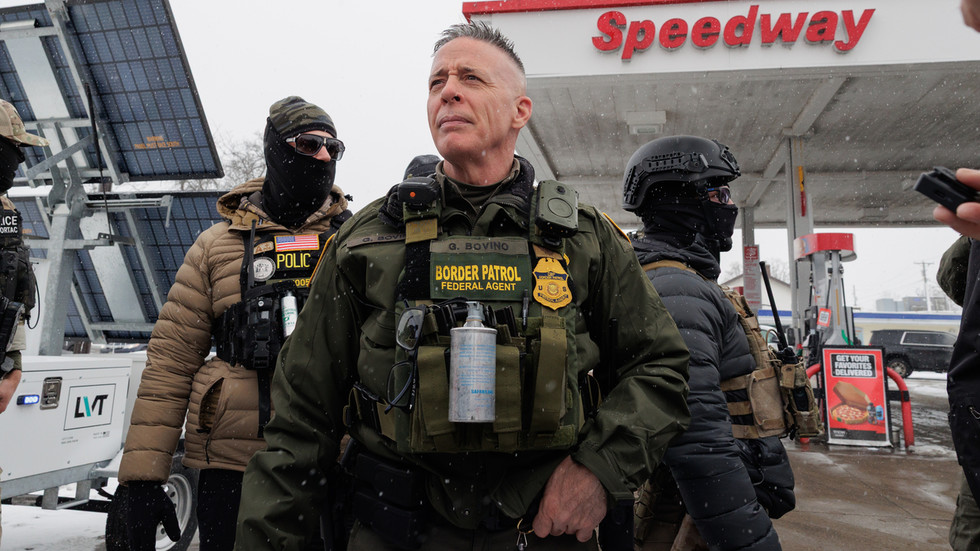As the dust settles on the hotly contested Liberian run-off election, all eyes are on former Vice President Joseph Boakai, who seems to be on the verge of clinching the presidency. With just 0.42 percent of the votes left to be counted, the nation is poised for a potentially historic transfer of power.
Boakai, a seasoned leader with over 40 years of public service under his belt, has emerged as a formidable contender for the top seat. His tenure as Vice President under former President Ellen Johnson Sirleaf has not only bestowed him with invaluable experience but has also earned him a deep understanding of Liberia’s political landscape.
The latest release of results by the National Elections Commission unveiled a nail-biting race between Boakai and the incumbent, President George Weah. President Weah secured 785,778 votes, representing 49.11% of the total votes, while Ambassador Boakai firmly claimed 814,212 votes, amounting to a 50.89% share. This marginal difference of 28,434 votes, equating to 1.78%, underscores the intensity of the electoral contest.
Throughout his campaign, Boakai resonated with the electorate by pledging to salvage Liberia from the perceived mismanagement and corruption plaguing the Weah administration. However, his selection of Nimba County Senator Jeremiah Koung, who was recommended by former warlord Prince Y. Johnson, sparked criticism and raised questions regarding his stance on the establishment of a war crimes court, leaving his supporters pondering over his decision-making process.
In the backdrop of this electrifying electoral showdown, President Weah’s administration has been grappling with its fair share of challenges. A significant blow was dealt when the United States Department of Treasury imposed sanctions on three high-ranking officials, including the former Minister of State, Nathaniel McGill; the former Managing Director of the National Port Authority, Bill Twehway; and the former Solicitor General, Cllr. Sayma Syrennius Cephas. These sanctions were a result of their involvement in corruption and the diversion of government contracts for personal gain. The administration faced mounting criticism for its perceived inaction in probing these officials, despite fervent calls for investigation from both citizens and the United States Embassy in Liberia.
On the flip side, the Weah administration has been touting its developmental agenda, emphasizing its focus on community infrastructure and road construction as part of the Pro-Poor Agenda for Prosperity and Development (PAPD).
As the political atmosphere in Liberia reaches a crescendo, the impending outcome of this closely contested election has sent ripples through the nation, stirring hope, anticipation, and apprehension in equal measure. With the clock ticking and history in the making, Liberia braces itself for a new chapter in its democratic journey.



